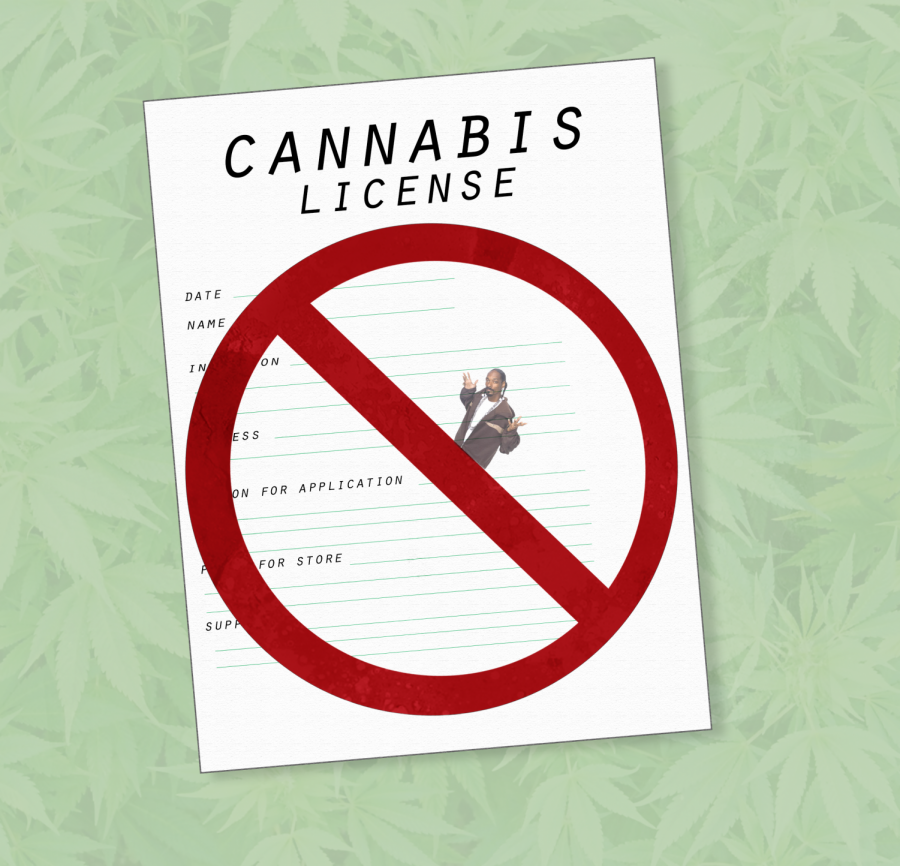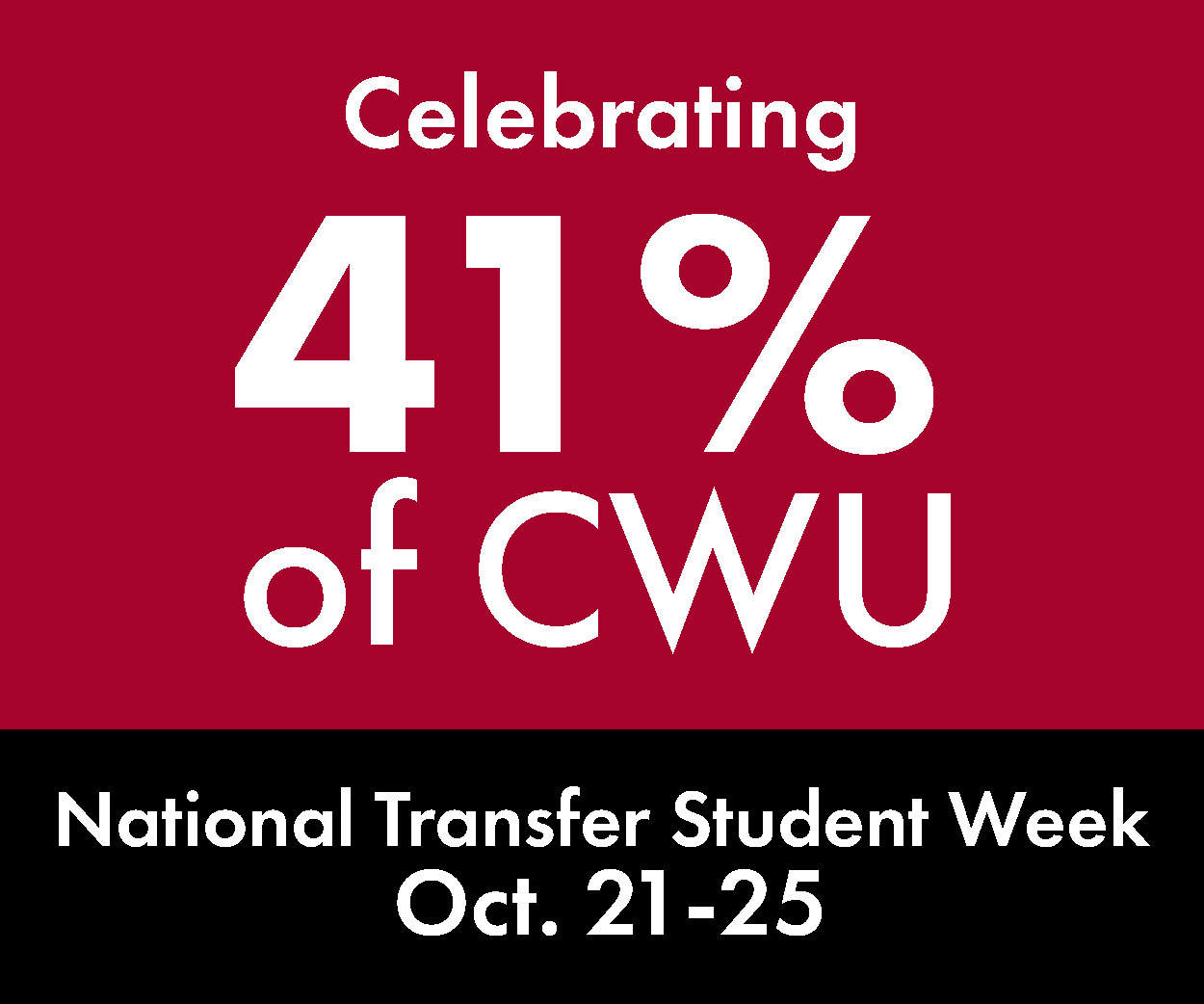The complex procedures behind license denials
Getting a license to sell from the liquor board may not be so easy. Businesses potentially face opposition from the city, the board and community members. Photo illustration by Jack Lambert.
November 30, 2017
Are you thinking about opening your own tavern or dispensary? There may be more steps to obtaining a cannabis license than you think. Attaining the proper license is the first step in your business plan. Liquor and cannabis licenses are distributed by the Washington State Liquor and Cannabis Board (WSLCB).
The licenses overlap in some areas, but differ greatly in others.
“The needs of a brewery are different from that of a marijuana dispensary,” said Mikhail Carpenter, a spokesperson from the WSLCB.
Both licenses require a business license with both liquor and cannabis retail as endorsements, similar to a motorcycle endorsement on a driver’s license.
To start the process of a liquor license, a business license must first be attained. After that, there are two options for liquor licenses. The first is a retail liquor license, which includes businesses such as grocery stores and restaurants. The second is a non-retail license, which includes businesses such as wineries or breweries.
Retail applications are accompanied by a $75 fee, according to the WSLCB website and all applications are encouraged to be submitted 90 days prior to the opening of a business.
The process of a cannabis retailer license also starts with a business license from the state. The cannabis retail license also requires a $250 applications fee along with a $1480 annual insurance and renewal fee. A marijuana business owner cannot have more than three total businesses and may not sell product under purchase price, according the WSLCB website. It is important to note that the WSLCB is not accepting retail marijuana license application at the moment.
The board may deny an applicant licensing for a number of reasons. The first is not meeting all basic requirements of the license. The second could be from local objection from the city the business is planned to be established. The third possible objections from local institutions within 500 feet such as schools or churches. The fourth questionable funding or indications of hidden ownership.
The last obstacle is criminal history, which is rated on a point system by the board. According to the WSLCB website, if an applicant reaches eight or more points, “the board will not normally issue a liquor license.”


